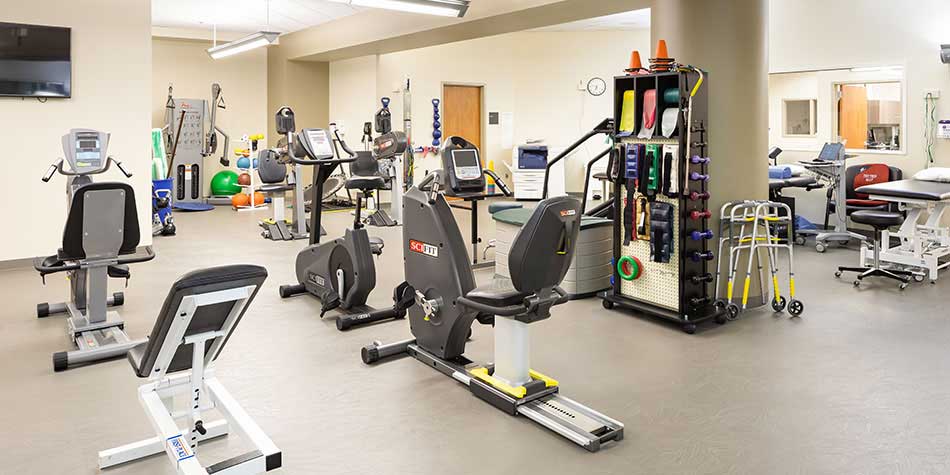Supporting Restoration By Customized Physical Activity Programs in Rehabilitation Settings
Wiki Article
Rehabilitation is an essential process for patients who have experienced surgeries, or other health conditions. Rehabilitation initiatives play a crucial role in supporting these patients to regain their resilience, improve movement, and return to their routine activities. Customized exercise planning is a critical component of effective rehabilitation. This signifies that exercises are carefully designed to address the unique requirements of each person. By focusing on targeted therapy plans, recovery programs can accelerate recovery and support better health results.
One of the first steps in developing a customized exercise plan is assessing the patient’s condition. Medical practitioners perform assessments to understand the specific limitations and capabilities of each person. This might include functional assessments, conversations about medical background, and goals for recovery. For instance, an athlete recovering from a leg injury may have distinct needs than an elderly individual healing from joint surgery. By acknowledging these variations, practitioners can design an exercise program that targets the unique aspects of each situation.

Incorporating multiple types of workouts is essential for successful recovery. Strength work , flexibility exercises, and more info here aerobic activities all play vital functions in recovery. Resistance exercise helps rebuild muscle and enhance endurance, which is particularly important after long durations of sedentary time. Flexibility movements increase joint mobility and prevent rigidity in articulations. Aerobic workouts, like walking or cycling, boost overall fitness and promote cardiac health. A well-rounded fitness plan that includes all these components can greatly aid in web link the recovery journey.
Tracking progress is another critical element of recovery programs with customized fitness plans. As individuals participate in their personalized routines, healthcare practitioners observe improvements and make necessary modifications to the plan. This ongoing evaluation guarantees that the workouts remain beneficial and appropriate as the individual advances. Establishing specific milestones can also motivate participants during their recovery journey. Achieving incremental goals builds self-assurance and encourages persistence in following through with the recovery regimen.
Ultimately, enhancing recovery through personalized fitness planning requires collaboration between healthcare practitioners and patients participating in recovery. Open communication is key to recognizing how each individual responds throughout their recovery process. By collaborating together, both parties can identify any challenges and acknowledge achievements along the path. Customized exercise programs not only assist patients heal physically but also add to their mental well-being by instilling a sense of accomplishment and self-reliance as they progress towards their wellness objectives.